College of Horticulture, Rajendranagar
College of Horticulture, Rajendranagar is one of the two constituent colleges established in 2007 and came under the purview of Sri Konda Laxman Telangana Horticultural University in 2014.
Location
College of Horticulture, Rajendranagar is located in Hyderabad, Capital of Telangana and in the hub of Agricultural Research institute and Universities such as PJTAU, PVNRVU, IIOR, NBPGR, IIMR, IIRR, NAARM, MANAGE, NIRD, NIPHM WALAMTARI etc. Rajendranagar is about 18 km from Rajiv Gandhi International Airport, Shamshabad, Hyderabad; 19 km from Kacheguda Railway Station and 24 km from Secunderabad Railway station. It falls under arid sub-tropical climatic zone and experiences hot dry summers and mild winters with an average rainfall of 800 mm at an altitude of 542.3 m above mean sea level on 17.90°N latitude and 78.23°E longitude.
Education
The college offers a four years B.Sc. (Hons.) Horticulture degree programme. Students of undergraduate programme are admitted on the basis of Rule of Reservation and ranks obtained by the candidates in Telangana State common entrance based EAMCET conducted by the Telangana Council for Higher Education and HORTICET conducted by the University with an overall intake of 200 students per year and separate reservation of seats based total on college intake capacity for ICAR. The college campus spread across a vast area of 203 acres with well-developed instructional farms, poly houses, shade nets and sports facilities.
Infrastructure Facilities:
Classrooms and laboratories
The College of Horticulture, Rajendranagar is having ten classrooms with a seating capacity of 50 members equipped with modern teaching aids such as Interactive board, computer with internet facility and LCD projector, both portable and fixed Public address system. Provided with facility of power back up and comfortable seating for individual as well as two seated seating arrangements for the students. Out of ten classrooms, two classrooms are upgraded into smart and model classrooms with advanced facilities are utilized for seminars, guest lectures and presentations. College Auditorium with a seating capacity of 250 members, supported with the LCD projection, public address system, air-conditioned facility and internet access for organizing cultural events, functions, seminars, conferences, workshops etc.
The College has separate laboratories for each department which are well equipped with latest advanced instruments. A total of eight laboratories viz. Fruit Science and Post-Harvest Technology, Vegetable Science, Floriculture and Landscaping Architecture, Plantation, Spices, Medicinal and Aromatic, Plant Protection, Soil Science and Agriculture Engineering are utilized for teaching and conducting practical. Further, experiments related to enzymatic analysis, biochemical analysis, post-harvest quality parameters are conducted in Central Instrumentation Laboratory.
Conduct of Practical and Hands-on-Training
Department of Horticulture:
Students will be trained on plan and layout of an orchard, nursery raising, identification of physiological disorders, weed management, cropping systems etc. Each practical batch comprises of 30-40 students. Identification of various horticultural crops, tools and implements, preparation of plant material for potting, practicing different types of cuttings, layering, grafting and budding including nursery management practices, manuring and fertilization and use of mulch material. Students are taken for field visits to nearby farmer’s fields, research stations, public parks, and processing units. Students are allotted with the sizeable plots to have hands on experience in raising horticultural crops, involving intercultural and special horticultural practices etc.
Department of Plant Protection:
The Entomology Laboratory is equipped with facilities like insect setting boxes, dissection microscopes, bee keeping equipment, etc. As a part of practical course work, students collect insect specimen prepared charts and herbariums and collect different immature stages of insects, rear them and submit life cycles to the laboratory which are useful for identification of different insects’ pests in Horticulture crops.
Plant Pathology, students gain hands-on experience with practical techniques like section cutting, slide preparation, media preparation, spore identification, and fungicide use. They also participate in field visits along with course in-charge to diagnose plant diseases.
Department of Plant Physiology, Biochemistry and Microbiology:
In Microbiology & Biochemistry classes, students gained basic familiarity with laboratory equipment and techniques, including media preparation, aseptic procedures, bacterial isolation, and purification methods such as the streak plate, pour plate, and spread plate methods, along with Gram staining. In biochemistry practical classes, students learned protein estimation, carbohydrate identification, enzyme assays, and chromatography techniques.
In Crop physiology the laboratory is equipped with oven, spectrophotometer, leaf area meter, flame photometer, balancer, root scanner, porometer for conducting practical classes. Laminated photographs of nutrient deficient symptoms maintained in the laboratory help in better understanding of the physiological disorders of crops.
Department of Post-Harvest Technology:
Post-Harvest Technology focus on processing, preserving, and creating value-added products from fruits/vegetables. Students learn grading, maturity assessment, nutrient-retaining practices, packaging, labeling, quality control, and gain industry exposure.
Department of English Statistics and Social Sciences:
In Economics, students are given insights on idea generation, startups, their economics and marketing, business plan development, etc., and they individually pitch their business ideas. Exposure visits to local markets, regulated markets, business incubators, etc., In statistics, students are given an understanding of analytical techniques of data such as measures of dispersion, central tendency, probability, sampling techniques, tests of significance, basic principles of experimental design etc., and their interpretation.
Extension plays a vital role in bridging the gap between theoretical knowledge and practical application in the field of Horticulture. Through hands-on learning experiences, students are trained in the use of various modern teaching aids, including audio-visual tools, ICT-based communication, and interactive demonstrations. These methods help students to develop effective communication strategies and enhance their ability to educate farmers, communities and stakeholders beyond the classroom.
Department of Genetics and Plant Breeding:
In Genetic and Plant Breeding, the laboratory is equipped with seed divider, digital analytical balance, brass test sieves, compound microscopes, permanent slides of mitosis and meiosis, plant breeder’s kit, etc. for conducting the practical classes. The department also has access to a biotechnology laboratory, breeding experimental plots and seed production plots to enhance hands on learning and research.
Department of Agronomy and Soil Science:
In Agronomy and Soil Science, students will be taken to agromet observatory for studying weather parameters, different weeds are identified, soil and water analysis is done to study physical and chemical properties, organic methods of crop growing and agroforestry systems.
Department of Horticulture Engineering and Environmental Science:
In Engineering, students were being taught on various showing the components of dismantled engines and motors, learning tractor driving and seed drill calibration etc. Under Environmental Science, students are taken to local polluted site, recycling units of biodegradable waste material.
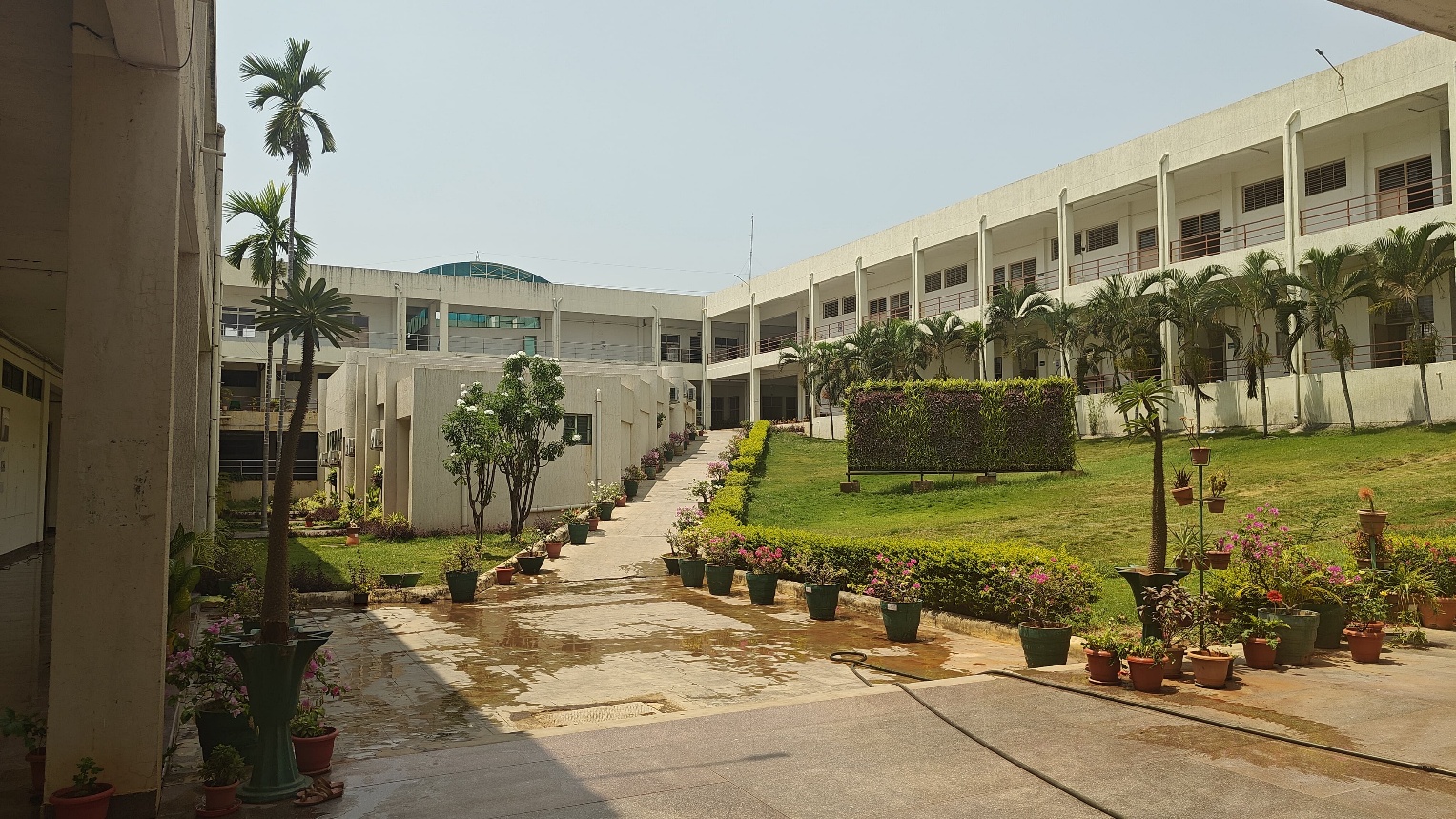
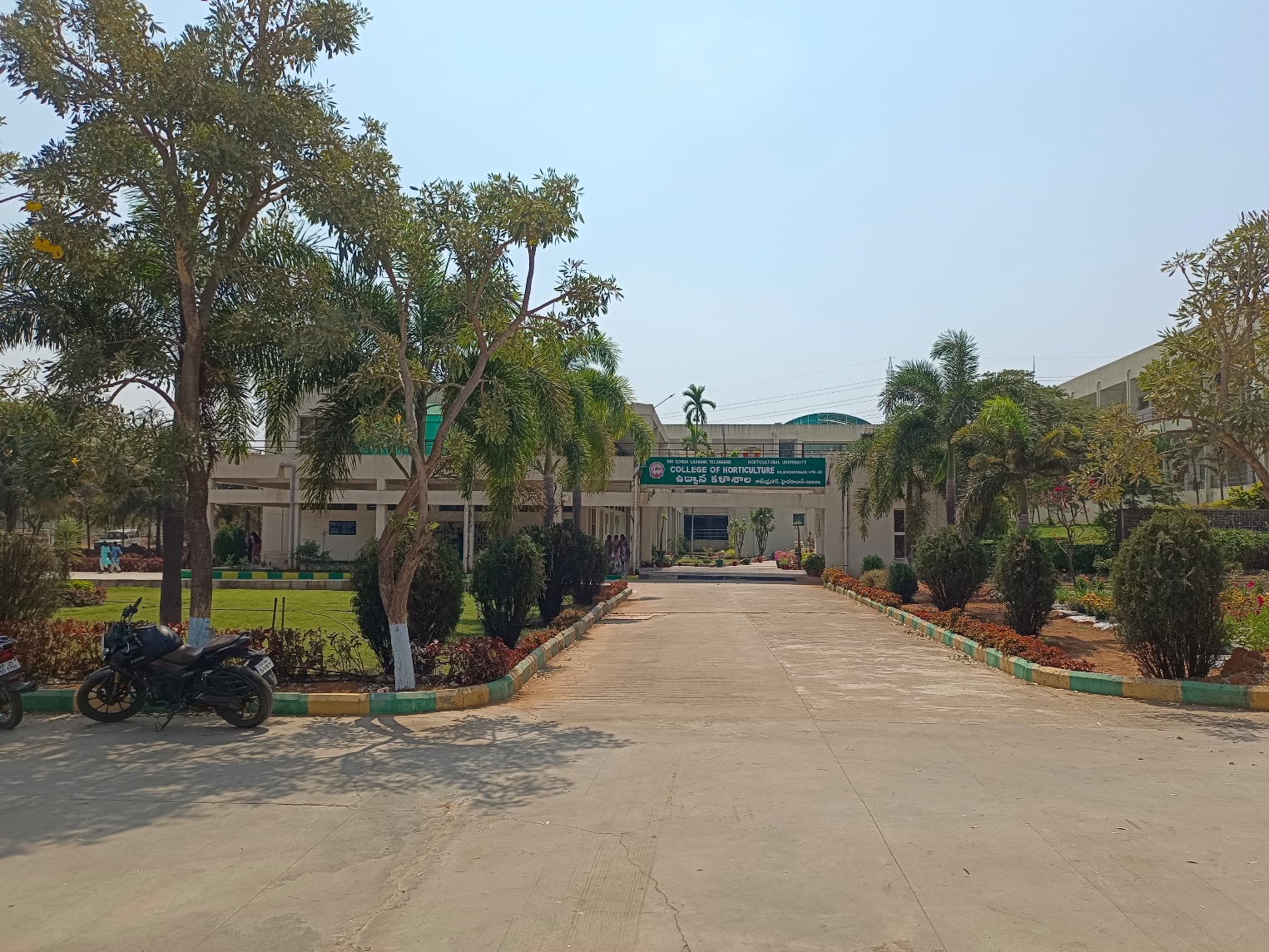
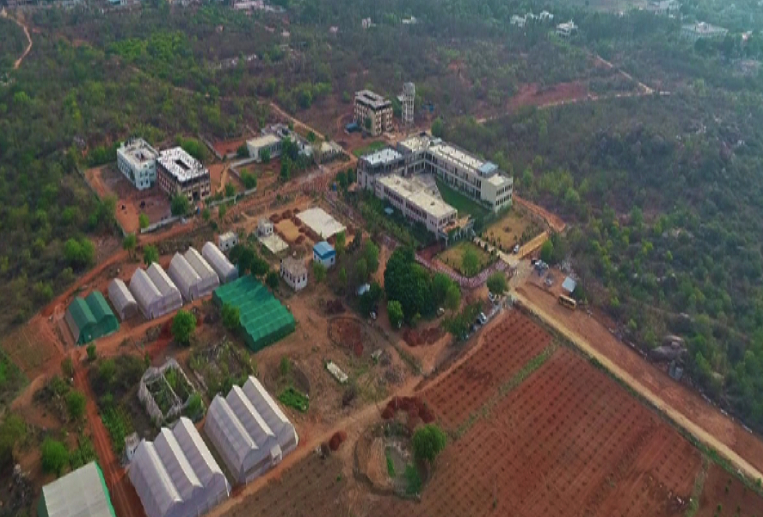
Staff Details
| Photo | Name and Designation | Phone | Email ID |
|---|---|---|---|
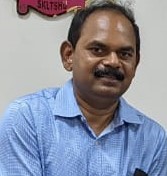
|
Dr P PrashanthAssociate Dean |
||
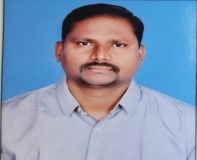
|
Dr. K. Kaladhar BabuAsst. Prof. (Hort.) Senior Scale |
||
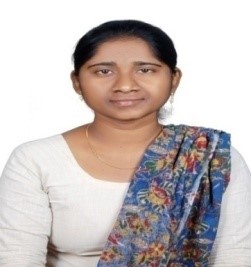
|
Ms. T. Navya SwethaAsst. Professor |
||

|
Dr. D. Naga HarshithaAsst. Professor |
||
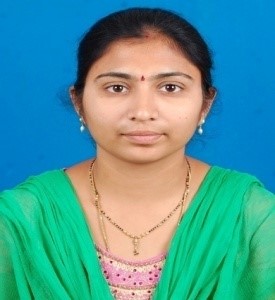
|
Smt. K. NiroshaAsst. Professor |
||
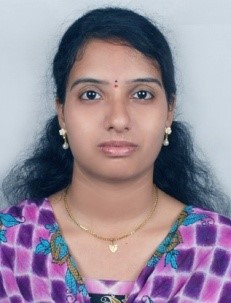
|
Smt. Chitla NR SanthoshiniAsst. Professor |
||

|
Dr. Jenny KapngaihlianAsst. Professor |
||
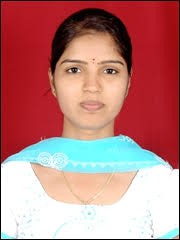
|
Smt. A.MamathaAsst. Professor |
||
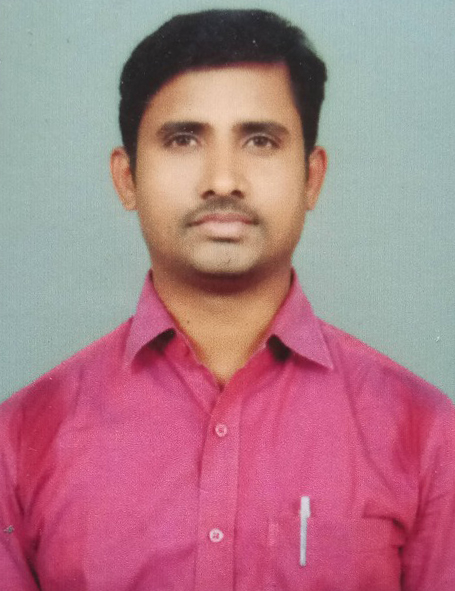
|
Dr. M.SreenivasAsst. Professor |
||
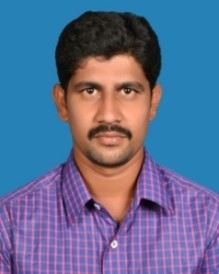
|
Er B.Ashwin KumarAsst. Professor |
College of Horticulture, Rajendranagar
- Hyderabad – 500 030. Telangana, India.
- Phone: 9951556308
- E-mail: cohrnagar@gmail.com
- Website: https://skltghu.ac.in



